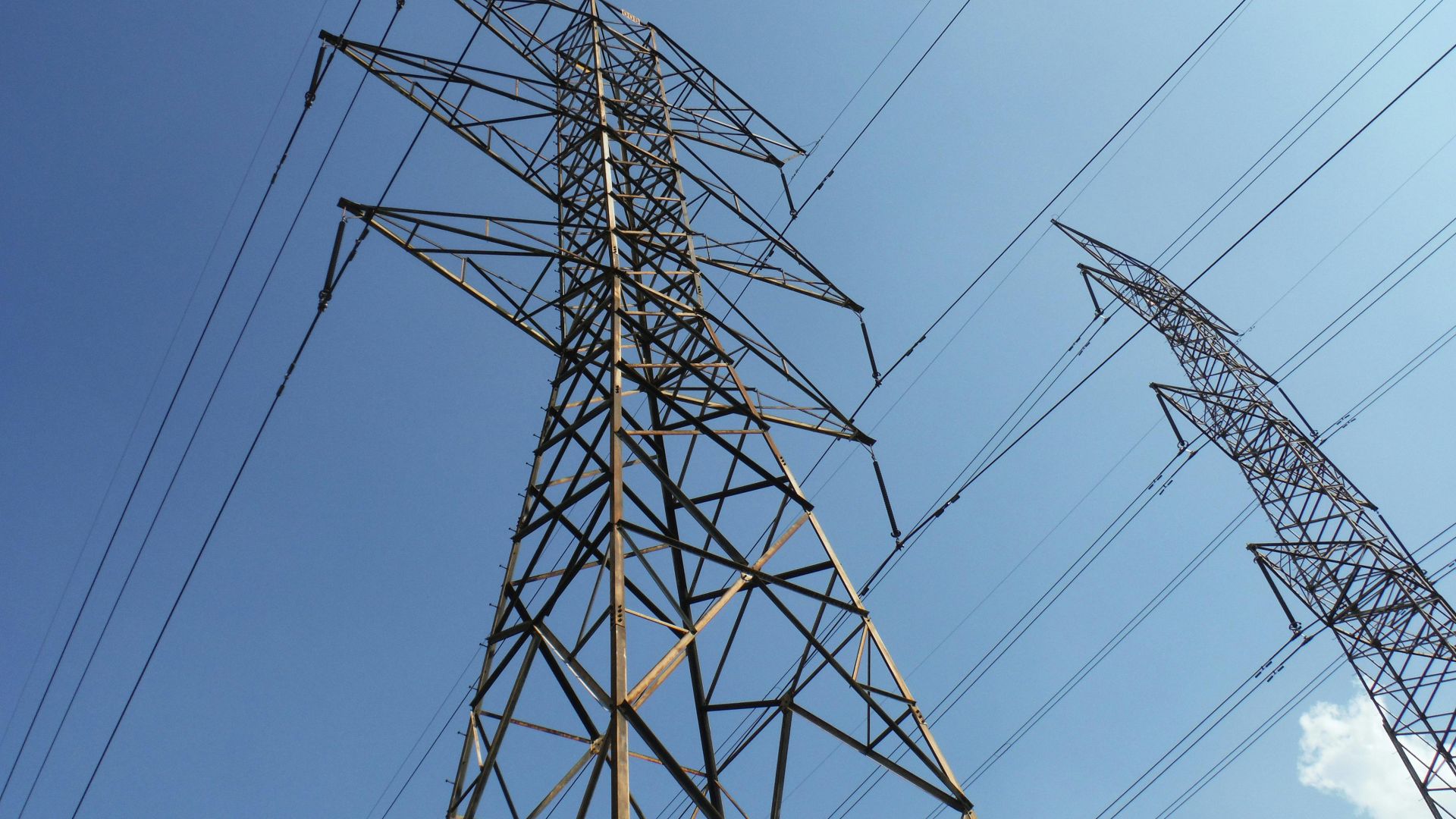New polling released last week by the Conservative Energy Network (CEN) finds broad public support in three MISO states for investing in America’s electric transmission grid to boost reliability, lower costs, spur economic growth in communities, and meet future power needs. Keeping electricity affordable for families also ranks among voters’ top energy priorities.
The survey, conducted by Cygnal with likely voters in Ohio and Pennsylvania (states in PJM’s interconnection region) and in Arkansas, Mississippi, and Missouri (three MISO states), shows that more than two-thirds of likely voters recognize the grid is aging and requires modernization, and 65 percent supporting building more transmission lines to connect clean energy and strengthen grid reliability. It also indicates strong public support for expanding the grid and increasing power flow from clean energy projects.
In the MISO states, 65 percent of respondents said they would support building more transmission lines with renewable energy integration, and 60 percent said they would be willing to pay more now on their energy bills to help pay for upgrades to the grid that would help reduce the chances for future outages and potentially lower their electric bills in the future.
Chris Lane, senior partner at Cygnal, said this is not a partisan issue, and noted that people on both sides of the political aisle are focused on costs - specifically, lowering them. Almost 90 percent of survey respondents - Republicans, Democrats, and Independents - said they are “very concerned” about rising energy costs.
One of the key takeaways that Lane pointed to specifically from this poll was the old adage that “all politics are local,” and he said they found that to be particularly relevant in the survey results from Arkansas, Mississippi and Missouri, where 51 percent of those surveyed said local communities and local landowners should have a say in approving new transmission routes across their land; 48 percent said landowners should be able to refuse or block transmission lines across their land.
Interestingly, the majority of respondents in this region - 63 percent - said private companies should be able to compete to build power lines to help speed up project completion, and 50 percent said they were in favor of speeding up the permitting process for energy projects.
Republican respondents overwhelmingly support speeding up the permitting process for energy projects, while Democrats were split on the issue in this region of the country.
The poll also tested message effectiveness. In the three MISO states, messages about preventing blackouts, increasing American energy production, and more positive language around the economic impacts of upgrading the grid were shown to be most effective at moving the needle for audiences in these states.
Lane noted that Cygnal did not test any messaging on RTOs because the issue is very technical.
So what do we know from this?
- Lane noted that another of Cygnal’s key takeaways from this poll is that across both PJC and MISO, people are really focused on cost. Cost moves people, Lane said.
- It’s worth noting that stated willingness to take action in an anonymous survey (ie., raise my electricity rates now to ensure a better grid tomorrow) doesn’t always translate into action or policy outcomes. But the poll does show that there is broad support for investment in the grid now, which aligns with a promise of more reliable electricity and the potential for lower bills in the future. Polling at 60 percent shows a pretty clear indication that survey participants understand the long game when it comes to transmission benefits.
- The poll also shows that local buy-in is key - the success of transmission or new clean energy projects, especially in the three MISO states, may very well hinge on buy-in from landowners and community members. Opposition to new projects will always exist, but good community engagement and communication with landowners may be helpful.
Ready to plug in and talk about how these issues are affecting your community? We’re starting the conversation in Arkansas and Mississippi. Join in at southernrenewable.org/contact.


